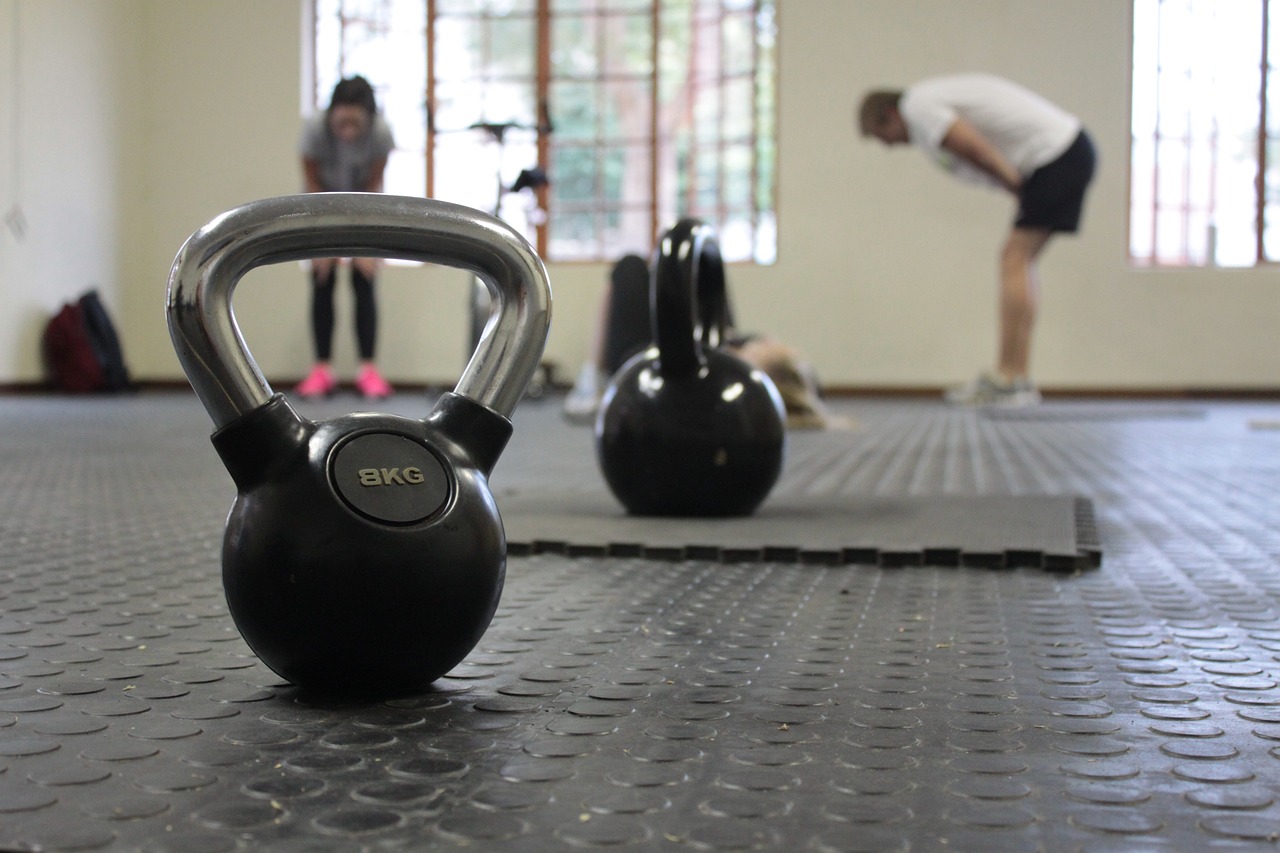Table of Contents
![]()
Rest and recovery are critical components of maintaining a healthy and functional body, whether you are an athlete pushing your physical limits or someone managing daily life stresses. This article delves into the science behind rest and recovery, offers practical strategies for meeting your body’s needs, and dispels common misconceptions.
The Science of Rest and Recovery
Biological Processes
Muscle Repair and Growth
After physical exertion, your muscles undergo repair and growth processes. When you exercise, you create micro-tears in your muscle fibers. During rest, especially during sleep, your body repairs these tears by synthesizing new proteins, which helps in muscle growth and recovery. This process is facilitated by growth hormones released during sleep.
Energy Restoration
Exercise depletes glycogen stores in your muscles. Recovery involves replenishing these glycogen stores, which is crucial for maintaining energy levels and ensuring optimal performance in future workouts. Proper hydration plays a key role in this restoration process, as it aids in nutrient transport and muscle function.
Hormonal Balance
Rest is vital for hormonal regulation. Intense or prolonged exercise can elevate cortisol levels, a hormone associated with stress. Adequate rest helps regulate cortisol and supports the production of growth hormones, which are essential for tissue repair and overall recovery.
Sleep and Its Role
Stages of Sleep
Sleep comprises several stages, including REM (Rapid Eye Movement) and non-REM (NREM) sleep. Each stage plays a specific role in recovery: NREM sleep is particularly important for physical restoration and muscle repair, while REM sleep supports cognitive functions and emotional balance.
Sleep Cycles
A complete sleep cycle lasts approximately 90 minutes and includes both REM and NREM stages. Ensuring that you complete multiple sleep cycles each night is crucial for effective recovery. Frequent interruptions or insufficient sleep can disrupt these cycles, impacting overall health and recovery.
Psychological Recovery
Stress Reduction
Mental stress can impede physical recovery. Effective rest helps in lowering stress levels, contributing to better mental health. Stress reduction techniques such as mindfulness and meditation can complement physical rest, enhancing overall recovery.
Cognitive Function
Rest and sleep improve cognitive functions such as memory, concentration, and decision-making. A well-rested mind is more efficient and less prone to errors, supporting better performance in both daily tasks and physical activities.
Emotional Well-being
Adequate rest and recovery contribute to emotional stability. Lack of rest can lead to mood swings and increased irritability, whereas proper recovery supports a more balanced emotional state.
Identifying Your Body’s Needs
Signs of Inadequate Rest
Persistent Fatigue
Chronic fatigue is a clear sign that your body may not be getting enough rest. This can affect your performance and overall quality of life.
Decreased Performance
A drop in physical or mental performance, even with consistent effort, often indicates inadequate recovery. If you notice a decline in your abilities, it might be time to evaluate your rest practices.
Mood Swings
Frequent mood swings or irritability can be a sign of insufficient rest. Proper rest helps regulate mood and emotional stability.
Increased Risk of Injury
Inadequate rest can lead to overuse injuries. If you find yourself experiencing frequent injuries or prolonged recovery times, it may be due to insufficient rest.
Individual Variability
Age and Rest Needs
Rest requirements can vary with age. For instance, younger individuals might recover faster compared to older adults who may need more rest to recuperate.
Activity Level and Intensity
The intensity and frequency of physical activity influence rest needs. High-intensity training or long durations of physical exertion typically require more extended recovery periods.
Lifestyle Factors
External factors such as work stress, family responsibilities, and overall lifestyle also affect rest needs. It’s essential to consider these factors when evaluating your rest and recovery practices.
Tools and Techniques
Self-Monitoring
Utilize tools like resting heart rate monitors and sleep tracking apps to assess your recovery. These tools can provide valuable insights into your rest patterns and overall health.
Professional Assessment
Consulting with healthcare providers or sports and exercise physiologists can offer a more detailed evaluation of your rest needs. They can provide personalized recommendations based on your specific circumstances.
Strategies for Effective Rest and Recovery
Sleep Hygiene
Creating a Restful Environment
A conducive sleep environment is crucial. Ensure your bedroom is dark, cool, and quiet to promote better sleep quality. Invest in a comfortable mattress and pillows to enhance sleep comfort.
Establishing a Sleep Routine
Maintain a consistent sleep schedule by going to bed and waking up at the same time every day. Develop pre-sleep rituals such as reading or practicing relaxation techniques to signal your body that it’s time to wind down.
Active Recovery
Low-Intensity Exercise
Incorporate low-intensity exercises like yoga or stretching into your routine. These activities help in reducing muscle stiffness, improving circulation, and promoting overall relaxation.
Importance of Movement
Even on rest days, light movement can be beneficial. It helps in reducing muscle soreness and enhances blood flow, which supports recovery processes.
Nutrition for Recovery
Post-Workout Nutrition
Consume a balanced meal containing proteins and carbohydrates after exercise. This helps replenish glycogen stores and aids in muscle repair. Timing is crucial; aim to eat within 30 minutes to an hour post-exercise.
Hydration
Proper hydration is essential for recovery. Replenish fluids lost during exercise and maintain electrolyte balance to support overall bodily functions and recovery.
Stress Management Techniques
Mindfulness and Meditation
Incorporate mindfulness and meditation practices into your routine. These techniques can help manage stress levels and improve overall mental well-being, complementing physical recovery.
Deep Breathing Exercises
Practice deep breathing exercises to reduce stress and promote relaxation. This can enhance the quality of rest and contribute to a more effective recovery process.
Leisure Activities
Engage in activities that you enjoy and that help you unwind. Leisure activities can provide a mental break and support overall recovery by reducing stress and enhancing emotional well-being.
Common Myths and Misconceptions
“More Exercise is Always Better”
Excessive exercise without adequate rest can lead to overtraining syndrome, characterized by persistent fatigue, decreased performance, and increased risk of injury. Balance is key; incorporate rest days into your routine.
“Rest is a Sign of Weakness”
Rest is a vital component of performance, not a sign of weakness. Proper recovery is necessary for peak performance and overall health.
“One Size Fits All”
Rest and recovery needs are highly individual. Tailor your rest strategies to fit your personal needs, taking into account factors such as age, activity level, and lifestyle.
Creating a Personalized Rest and Recovery Plan
Assessing Your Current State
Evaluate your current rest patterns and identify areas needing improvement. Self-assessment tools and professional evaluations can provide insights into your needs.
Setting Goals
Establish both short-term and long-term rest and recovery goals. Setting clear goals helps in measuring progress and staying motivated.
Implementing Strategies
Incorporate effective rest and recovery strategies into your daily routine. Be prepared to adjust these strategies based on feedback and changing needs.
Conclusion
Understanding and addressing your body’s needs for rest and recovery is crucial for maintaining overall health and optimizing performance. By recognizing the signs of inadequate rest, implementing effective recovery strategies, and dispelling common myths, you can enhance both your physical and mental well-being. Prioritize rest as an integral part of your health regimen, and remember that proper recovery is essential for achieving your best performance.
Share This





Be the first to comment